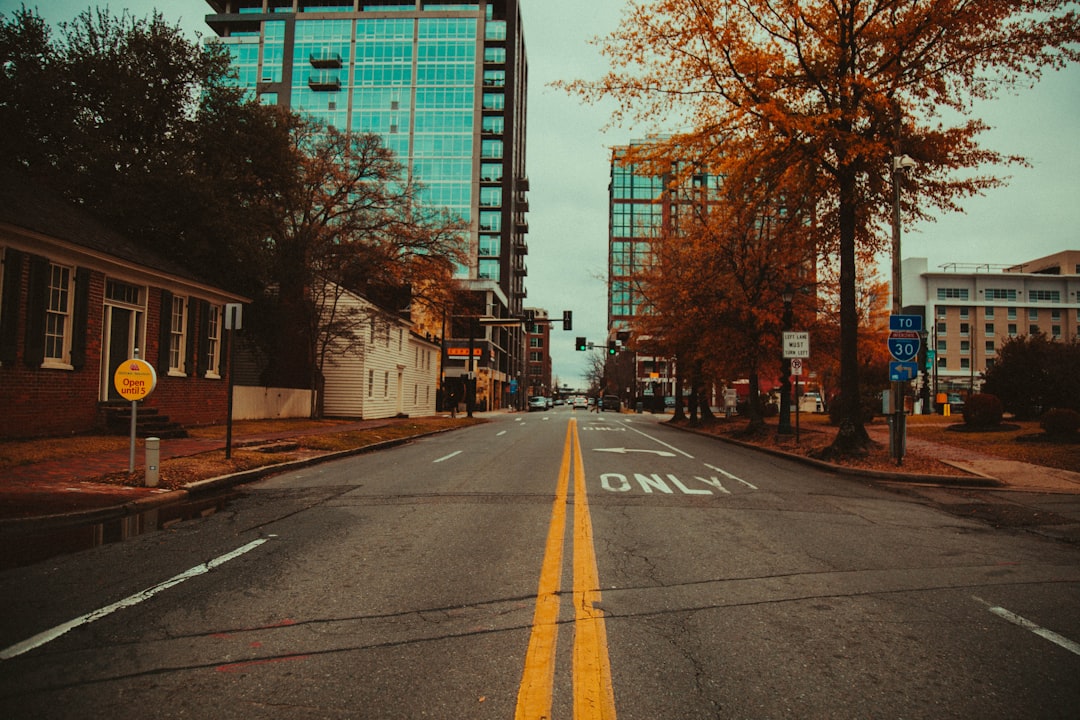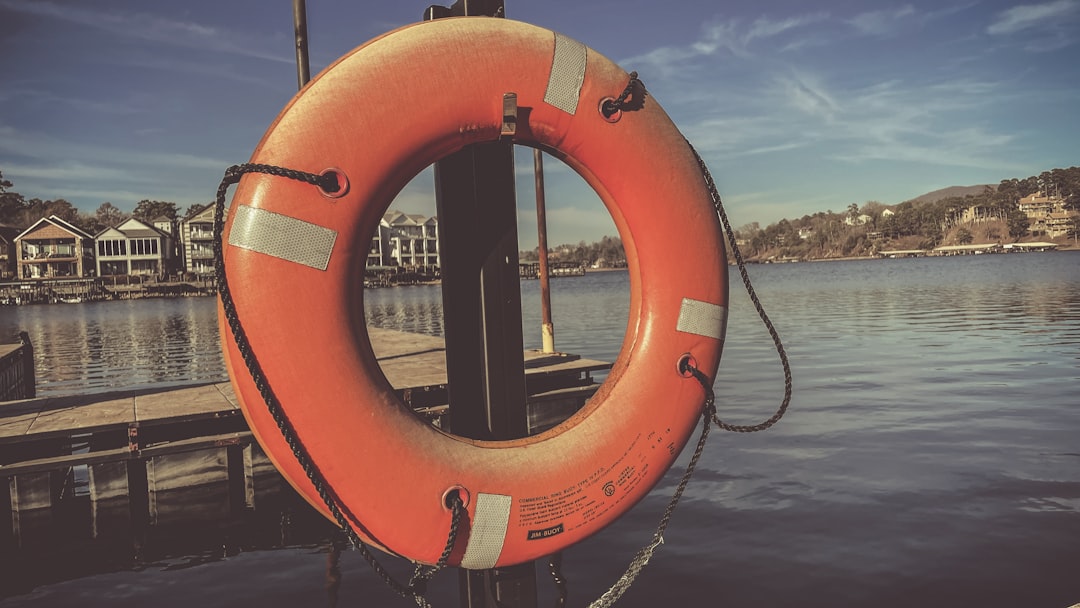Elderly sexual assault victims in Arkansas benefit from state laws prioritizing consent and justice. Specialized services like ABVIS support visually impaired seniors, and elderly sexual assault lawyers advocate for their rights and resources, including compensation. Local law enforcement, legal aid, and non-profits offer crucial guidance and emotional support to empower survivors' recovery.
In Arkansas, addressing the unique challenges faced by visually impaired elderly victims of sexual assault is a critical aspect of ensuring justice and support. This article explores essential resources and legal protections available in the state for these vulnerable individuals. With an emphasis on accessibility, we delve into support services tailored to seniors with visual impairments, alongside their legal rights as outlined by Arkansas laws. An elderly sexual assault lawyer in Arkansas can guide victims through this complex landscape, ensuring they receive the help they deserve.
Understanding Elderly Sexual Assault Laws in Arkansas

In Arkansas, elderly sexual assault laws are designed to protect vulnerable individuals and ensure justice for victims. The state recognizes that older adults, especially those with visual impairments, may face unique challenges when it comes to reporting and pursuing legal action. According to Arkansas law, any form of sexual activity or contact without consent is considered assault, regardless of the age of the victim. An elderly sexual assault lawyer in Arkansas can help navigate these complex laws and protect the rights of victims who may struggle to advocate for themselves due to their disability.
If you or a loved one has experienced sexual abuse or assault, it’s crucial to understand your legal options. An experienced elderly sexual assault lawyer can guide you through the process, ensuring that you receive the support and compensation you deserve. They will work closely with medical professionals and law enforcement to gather evidence and build a strong case, especially when dealing with individuals who have visual impairments and may require specialized assistance.
Support Services for Visually Impaired Seniors in AR

In Arkansas, seniors with visual impairments facing the trauma of sexual assault can find critical support through specialized services tailored to their unique needs. Organizations like the Arkansas Blind & Visually Impaired Services (ABVIS) offer a range of resources, including braille and audio materials, assistive technology training, and specialized transportation options. These initiatives ensure that visually impaired elders can access information about their rights and legal options effectively.
An elderly sexual assault lawyer in Arkansas plays a vital role in advocating for these individuals. They can guide victims through the complex legal process, ensuring they receive appropriate compensation and support services. With their expertise, seniors with visual impairments can navigate the challenges they face after an assault, receiving the care and justice they deserve.
Legal Rights & Resources for Vulnerable Elderly Victims

In Arkansas, elderly victims of sexual assault with visual impairments face unique challenges in navigating the legal system and seeking justice. The first step for any vulnerable victim is to be aware of their rights. According to state laws, all individuals, including the elderly and those with disabilities, have the right to live free from abuse and exploitation. If an elder has been sexually assaulted, they can take legal action against their assailant. A dedicated elderly sexual assault lawyer Arkansas can guide them through this process, ensuring their rights are protected.
Resources such as local law enforcement agencies and legal aid organizations provide crucial support. These entities offer assistance in filing police reports, connecting victims with appropriate medical care, and offering guidance on potential legal options. Many non-profit organizations specialize in helping the elderly and individuals with disabilities, providing both emotional support and practical resources. These services are vital to empowering vulnerable victims to take control of their lives after a traumatic event.




